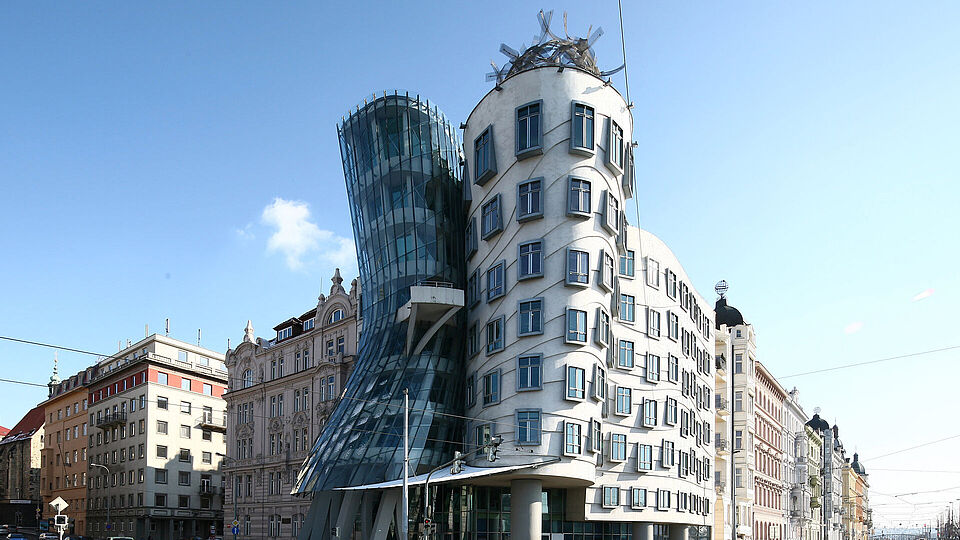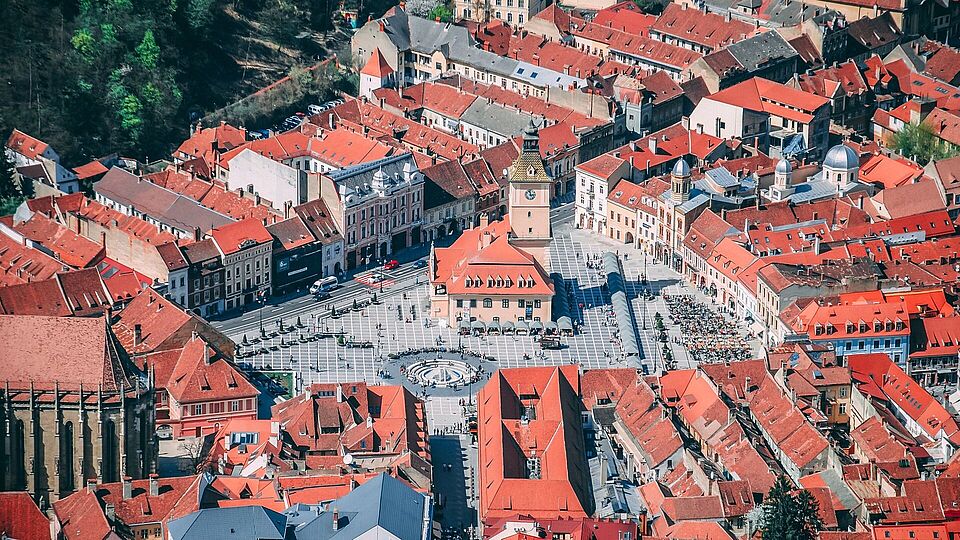 © Dan Novac on Unsplash
© Dan Novac on Unsplash
Willkommen am Institut für Kunstwissenschaft und Historische Urbanistik
Das Institut für Kunstwissenschaft und Historische Urbanistik gehört zur Fakultät I - Geistes- und Bildungswissenschaften und gliedert sich in die kunstwissenschaftlichen Fachgebiete sowie die Historische Urbanistik / Center for Metropolitan Studies.
Aktuelles
Ankündigung
Liebe Student*innen,
zu Beginn des neuen Semesters wird es am 23. April 2024 von 16:15 – 17:45 Uhr eine Informationsveranstaltung zu Studium und Praktikum im Ausland und am 30. April 2024 von 16:15 – 17:15 Uhr eine Informationsveranstaltung zu Prüfungen und Freie Wahl für Masterstudierende der Fakultät I geben.
Die Veranstaltungen finden Online…
Ankündigung
Liebe Studierende,
das SE "Kunst auf Papier. Materialkunde und Konservierung, Drucktechniken" kann jetzt auch für das Modul BA-KuWi 6 angerechnet werden. Aktuell sind dort noch zwei Plätze frei. für eine Anmeldung schreibt bitte eine E-Mail an die Diathek ( diathek(at)kunstwissenschaft.tu-berlin.de ).
Für weitere Kurse mit Restplätzen schaut…
Ankündigung
Liebe Studierende,
gerne möchten wir Euch auf den vom China Center angebotenen Kurs Brücken der Inspiration: Kultur- und Kunstaustausch zwischen China und Europa aufmerksam machen:
Prof. Dr. Sheng-Ching CHANG (張省卿)
SE/HS Brücken der Inspiration: Kultur- und Kunstaustausch zwischen China und Europa
Wöchentlich donnerstags, 14-16 Uhr, in Präsenz,…
Ankündigung
Liebe Studierende,
in den folgenden Teilnehmer*innenbeschänkten Seminaren gibt es noch freie Plätze:
- Rokoko-Eine Einführung
- Kunst auf Papier.Materialkunde und Konservierung, Drucktechniken
- Das Berliner Kunstgewerbemuseum – eine Frage der Gestaltung Relevanz und Potenzial eines Museumstyps im 21. Jahrhundert
- Mittelalterliche Kunst in der…
Stellenausschreibung
Das Fachgebiet Kunstgeschichte der Moderne von Prof. Dr. Bénédicte Savoy bietet zwei studentische Hilfskraftsstellen mit jeweils 40 Monatsstunden. Zu den Aufgaben zählen Archiv-, Literaturrecherchen, Mitarbeit bei wissenschaftlichen Publikationen sowie in der Lehre, Unterstützung der Organisation wissenschaftlicher Veranstaltungen und Mitarbeit in…

 © Uta Scholl unsplash
© Uta Scholl unsplash
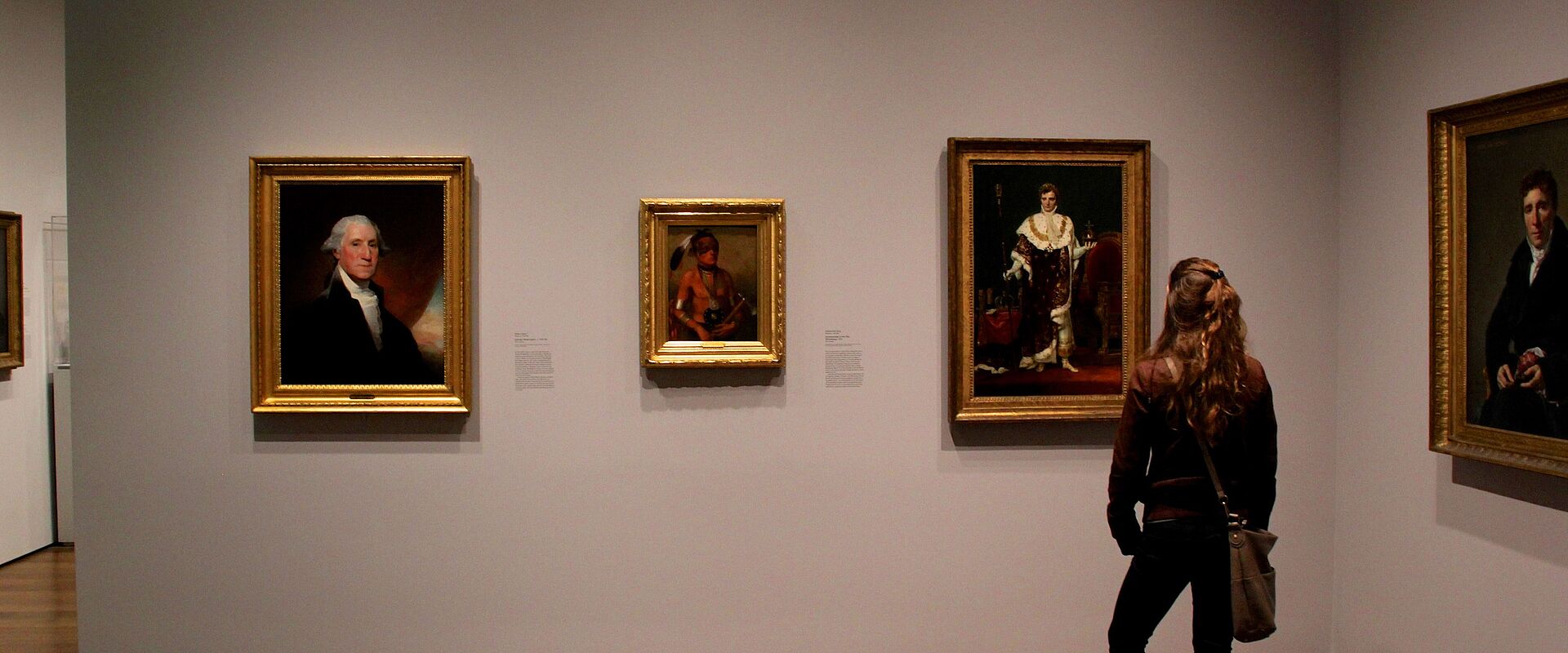 © KuK TU Berlin
© KuK TU Berlin
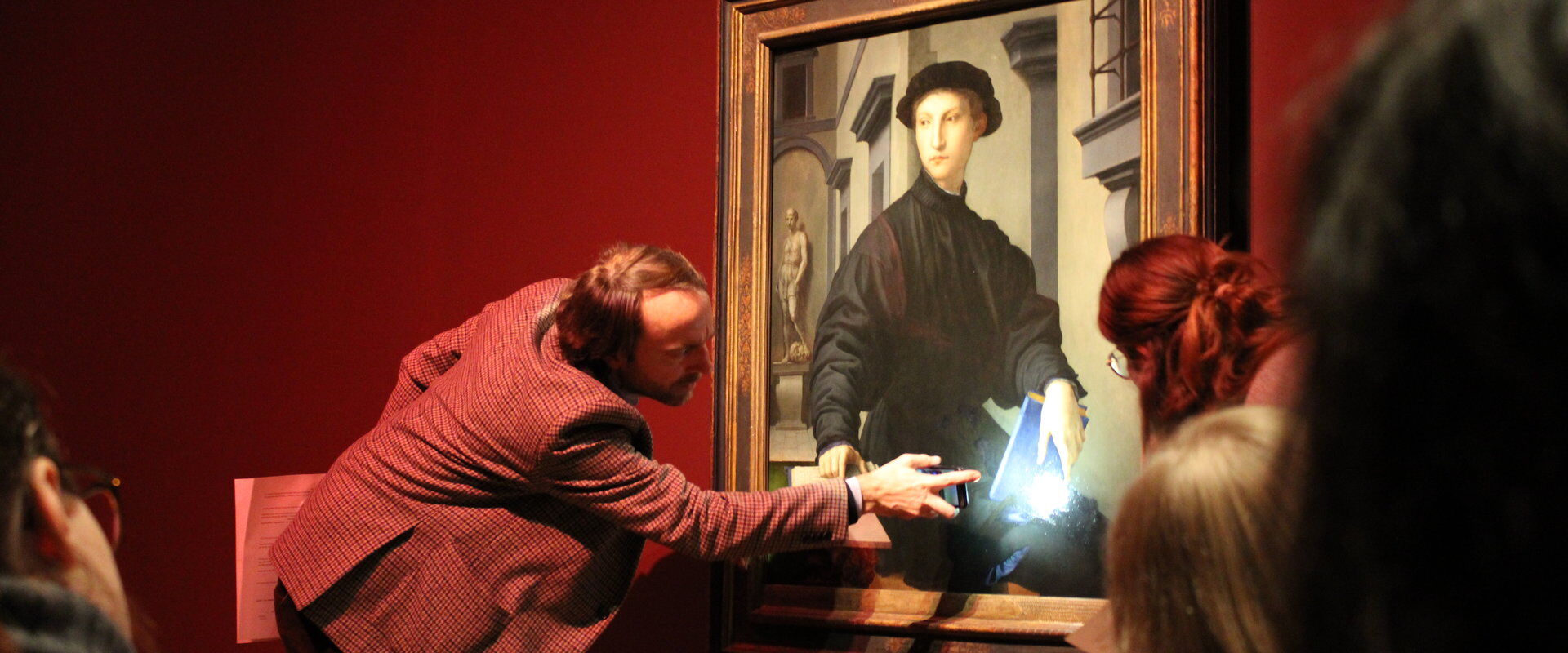 © Dieu Ly Hoang
© Dieu Ly Hoang
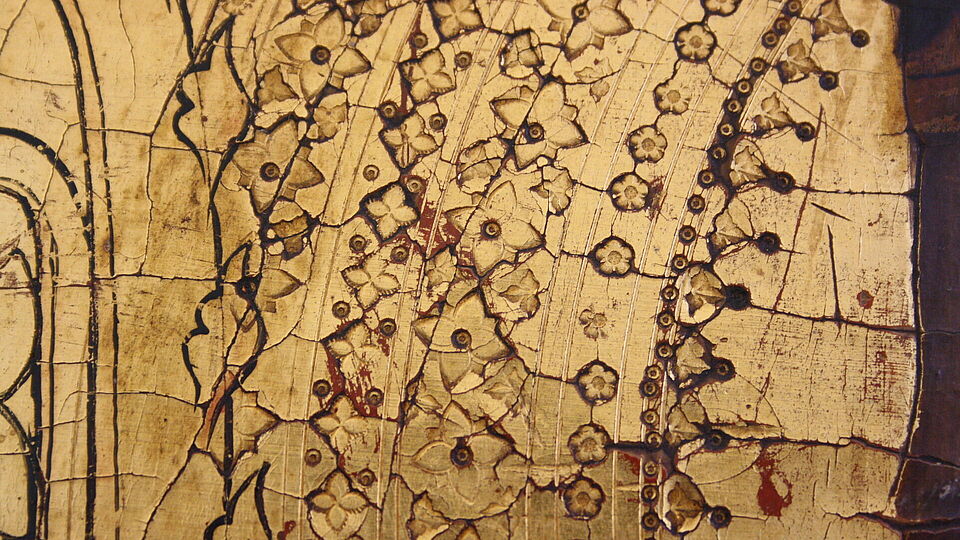 © Andreas Huth
© Andreas Huth
 © Daniel Lonn on unsplash
© Daniel Lonn on unsplash
